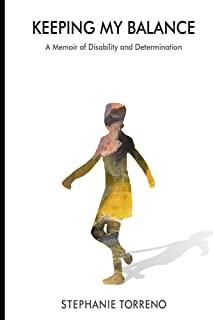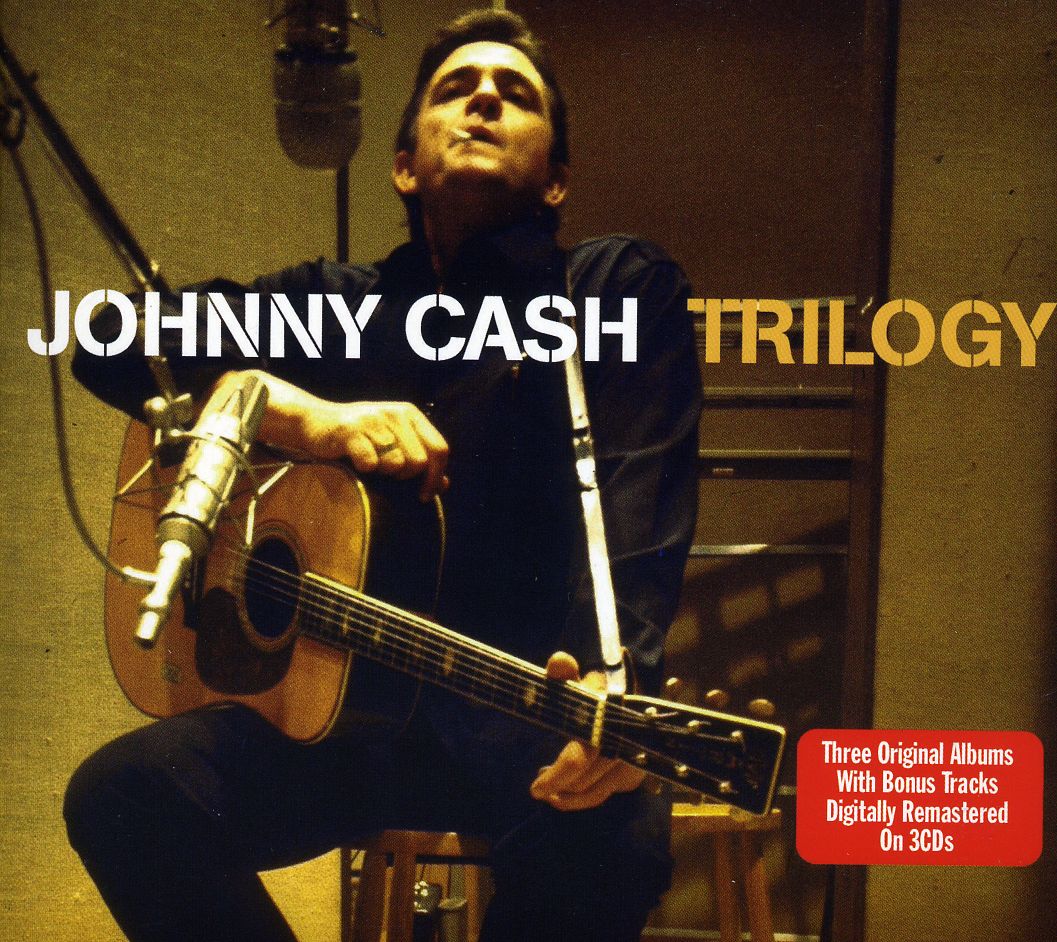
Dodge Luhan, Mabel
"An intricate web of dependence, manipulation, and appropriation." - The New Yorker
"Second Place owes a debt to Lorenzo in Taos, Mabel Dodge Luhan's 1932 memoir of the time D. H. Lawrence came to stay with her in Taos, New Mexico" - Rachel Cusk
"It's the most serious 'confession' that ever came out of America and perhaps the most heart-destroying revelation of the American life-process that ever has or ever will be produced." - D.H Lawrence
Written in direct address to the poet Robinson Jeffers, "Lorenzo in Taos" is dedicated "To Tony and All Indians," but Tony and the Indians are a sideshow. The memoir's raison d'être is the arrival of D.H Lawrence, whom Mabel has mystically "summoned" to Taos to articulate the beauty of the Indian way of life. When Lawrence is keener on depicting Mabel's romance with Tony, she does not object, framing it in symbolic terms. "Of course it was for this I had called him from across the world," she writes, "to give him the truth about America: the false, new, external America in the east, and the true, primordial, undiscovered America that was preserved, living, in the Indian bloodstream." She intends Lawrence to write a parable about her escape from a fallen civilization to an American Eden.
From Luhan's first encounter with the Lawrences, which she reports as a "vibratory disturbance," Luhan and Frieda Lawrence are suspicious of one another. After Luhan wears a dressing gown to her first planning session with Lawrence, and listens sympathetically as he gripes about his wife ("the hateful, destroying female"), Frieda bans their one-on-one meetings, and Lawrence's novel is dropped.
Their relationship, though, is just getting started. Over the course of "Lorenzo in Taos," Lawrence attends Hopi ceremonies, steals some plausibly-deniable physical contact with Luhan (fingers meeting under soap suds, thighs brushing on horseback), berates Tony, pelts Frieda with stones, and sagely advises Luhan's son to beat his new wife. He and Frieda are in and out of Taos - whenever Lawrence is absent, Luhan feels a "psychic emptiness." She loves him, gives him up, then can't leave him alone. He spreads the rumour that she attempted to seduce him, and promises to "destroy" her, then assures her that she's no longer his enemy, and that, even when she was, he "never really forsook" her. She sends him a letter ending their friendship, because "his core was treacherous." To him, she will always be, in Luhan's words, "that greatest living abomination, the dominating American woman."







